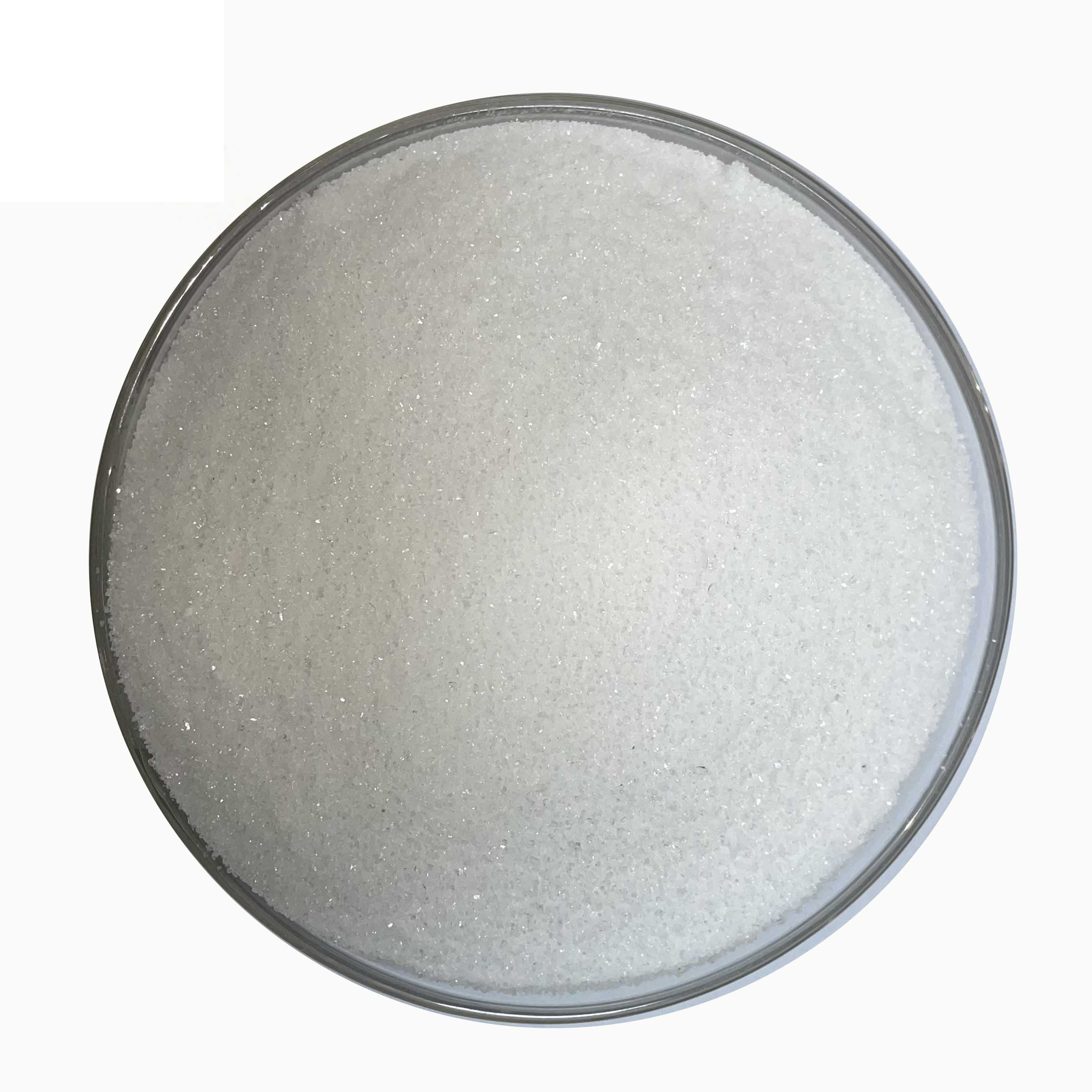
Dec . 16, 2024 11:28 Back to list
Optimal Potassium Fertilizer Recommendations for Growing Healthy Potatoes in Your Garden
The Importance of Potassium Fertilizer for Potato Cultivation
Potatoes are one of the most widely consumed staple crops worldwide, celebrated for their versatility and nutritional value. However, to achieve optimal yields and maintain high-quality tubers, farmers must implement effective fertilization strategies. Among the essential nutrients for potato growth, potassium plays a crucial role, influencing various physiological processes and ultimately determining the health of the crop. This article will explore the significance of potassium fertilizer specifically for potato cultivation, the benefits it brings, and best practices for its application.
Understanding Potassium's Role in Potato Growth
Potassium (K) is one of the three primary macronutrients, along with nitrogen (N) and phosphorus (P), that are vital for plant growth. It is involved in numerous processes, including photosynthesis, water regulation, and enzyme activation. For potatoes, potassium is particularly important because it
1. Enhances Tuber Quality and Size Adequate potassium levels contribute to the development of larger, more uniform tubers, which are desirable for marketability. Potassium promotes the starch content and overall quality of the potatoes, making them more appealing to consumers.
2. Improves Disease Resistance Potassium strengthens the plant’s immune system, helping it resist diseases such as late blight and golden nematode infections. Healthy plants can withstand environmental stresses better, leading to reduced crop losses.
3. Regulates Water Uptake and Stress Tolerance Potassium helps regulate the opening and closing of stomata, the tiny openings on the leaf surface. This regulation aids in water conservation and enhances drought resistance, enabling potatoes to thrive in varying climatic conditions.
4. Aids in Nutrient Uptake Potassium aids in the effective absorption of other nutrients. A well-balanced potassium level ensures that potatoes can utilize nitrogen and phosphorus more efficiently, further promoting healthy growth and yield.
Benefits of Potassium Fertilizer for Potatoes
The application of potassium fertilizer has several benefits for potato farmers
- Increased Yield Research shows that proper potassium fertilization can lead to significant yield improvements. Studies have demonstrated that fields with adequate potassium levels produce more bushels per acre than those deficient in this essential nutrient.
potassium fertilizer for potatoes

- Enhanced Market Value By improving the size, shape, and quality of tubers, potassium fertilizer directly impacts marketability. Farmers can command higher prices for superior-quality potatoes, increasing their profitability.
- Sustainable Farming Practices With the rising demand for sustainable agriculture, potassium fertilizers—especially those sourced from natural minerals—can be part of an eco-friendly approach to farming. These fertilizers not only support high yields but also promote soil health.
Best Practices for Potassium Fertilization
To maximize the benefits of potassium fertilizer, farmers should follow these guidelines
1. Soil Testing Before applying any fertilizer, conducting a comprehensive soil test is crucial. This will help determine the existing nutrient levels and pH, allowing for a tailored fertilization plan.
2. Proper Application Timing The timing of potassium application is critical. It is best to apply potassium fertilizer at planting and during the early growth stages when tubers begin to develop. This ensures that the plants receive the necessary nutrients during their most critical growth phases.
3. Balanced Nutrient Management While potassium is essential, it is equally important to balance it with other nutrients. Farmers should consider not only potassium but also nitrogen and phosphorus, as well as micronutrients, to create a comprehensive fertilization strategy.
4. Use of Slow-Release Formulations Slow-release potassium fertilizers can help provide a steady supply of nutrients over time, reducing the risk of leaching and ensuring prolonged availability for the crop.
Conclusion
In conclusion, potassium fertilizer is vital for successful potato cultivation. By fostering healthy plant development, improving tuber quality, and enhancing disease resistance, it empowers farmers to achieve higher yields and better-quality potatoes. With careful planning and management, potassium fertilization can play a pivotal role in sustainable and profitable potato farming. As the global demand for potatoes continues to rise, optimizing potassium use will be crucial for meeting this need while ensuring the health of our soils and ecosystems.
-
10 10 10 Fertilizer Organic—Balanced NPK for All Plants
NewsJul.30,2025
-
Premium 10 10 10 Fertilizer Organic for Balanced Plant Growth
NewsJul.29,2025
-
Premium 10 10 10 Fertilizer Organic for Balanced Plant Growth
NewsJul.29,2025
-
Premium 10 10 10 Fertilizer Organic for Balanced Plant Growth
NewsJul.29,2025
-
50 Pound Bags of 13-13-13 Fertilizer for All Plants – Bulk & Organic Options
NewsJul.28,2025
-
High-Efficiency 15-30-15 Granular Fertilizer for Healthy Crops
NewsJul.28,2025
